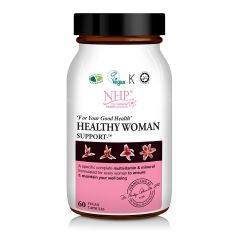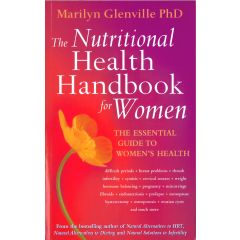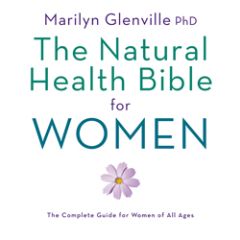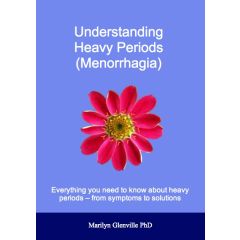- Home
- Women's Health Issues
- Heavy Periods
Heavy Periods
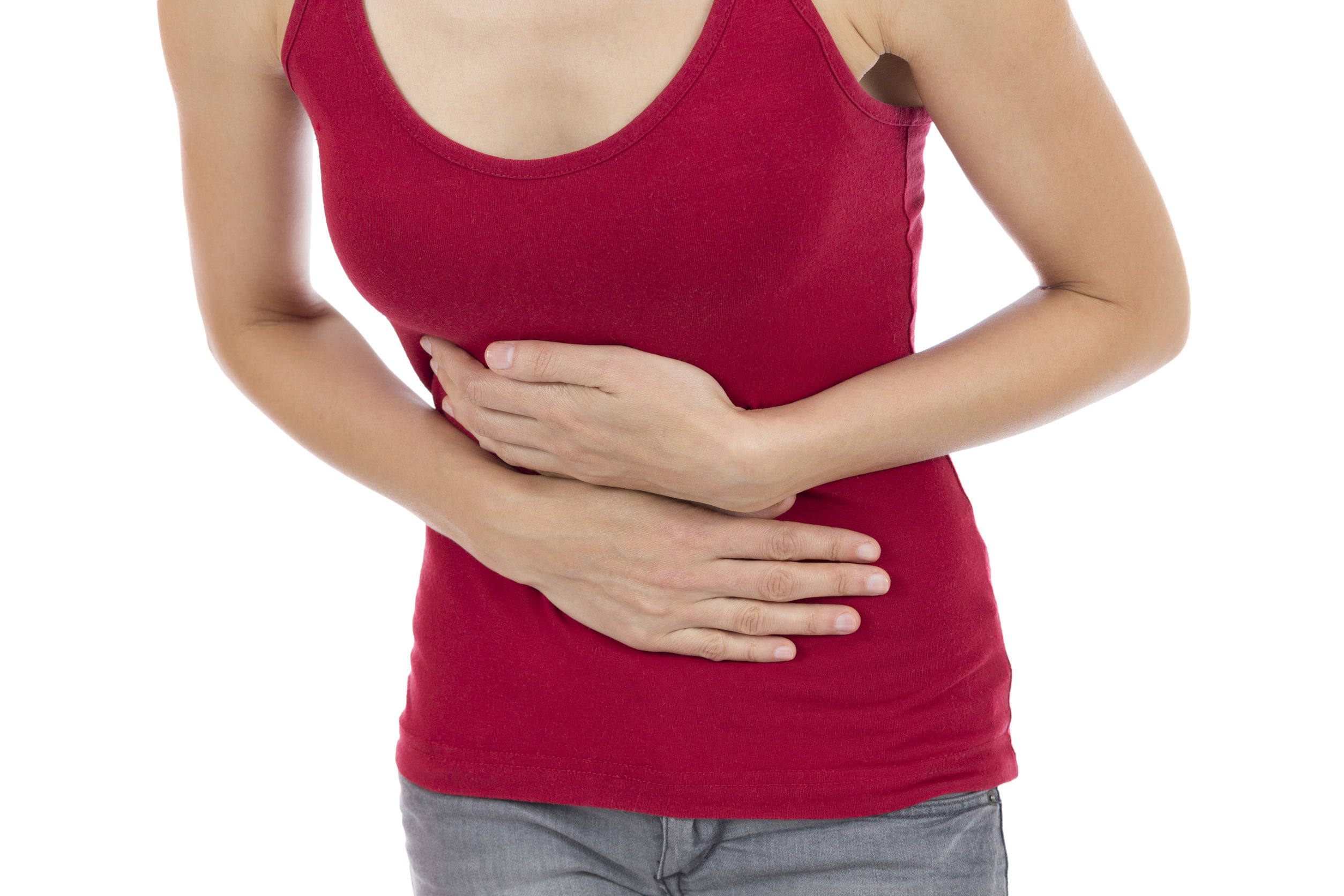
We understand that heavy periods (menorrhagia) can be both physically and emotionally draining, impacting your daily life and well-being.
We offer natural, holistic solutions to help manage and reduce the symptoms of heavy periods by addressing the root causes, such as hormonal imbalances, stress, and nutritional deficiencies.
Our products and services are all aimed at restoring hormonal balance, improving menstrual health, and alleviating discomfort.
We are committed to providing gentle, effective care to help you regain control of your cycle and improve your quality of life.
Shop By
Category
- Supplement Programmes 2 items
- Books and E-books 3 items
- Health Tests 2 items
1
12
24
36




